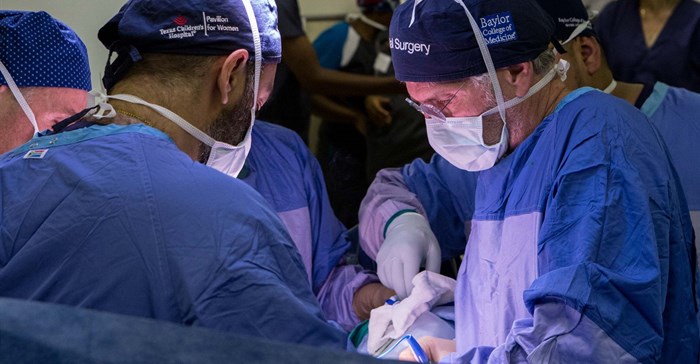
Top stories






More news

Marketing & Media
Warner Bros. was “nice to have” but not at any price, says Netflix

Logistics & Transport
Maersk reroutes sailings around Africa amid Red Sea constraints

















“The patient is recovering as expected and has now been moved out of the intensive care unit to a normal antenatal ward. The baby does not show any signs of distress and the foetal heart monitoring is normal. The initial scan after the surgery appeared very satisfactory and the operation area on the foetal spine appears normal. If the recovery period continues to be uneventful the patient will be discharged home before the weekend," he says.
Nicolaou and his team at Mediclinic Morningside worked with a team of international experts, led by Professor Mike Belfort from the United States, to perform the operation.
He believes that spina bifida in-utero repair may stop the inflammatory process that leads to the damage of the nerves and the potential abnormalities listed below, and if successful may actually be the only surgery that is needed. The neuro developmental handicap may be less severe and the overall prognosis may improve dramatically.
There is a caution before such surgery is performed. “One needs to mention that this is a very delicate surgery and the success varies. In-utero laparoscopic repair can also have complications such as foetal death or premature labour. Careful evaluation and selection of these cases is very important,” says Nicolaou.
Once the baby is born, the neurosurgeon who was a member of the operating team will assess the baby and decide if further corrective procedures will be required.
“The overall incidence of neural tube defects and spina bifida is around one per 1,000 pregnancies. We have around one-million live births in South Africa every year, so we are looking at around 1,000 new cases of neural tube defects every year in our country. Our plan is to expand our foetal surgery service to other abnormalities as well.”